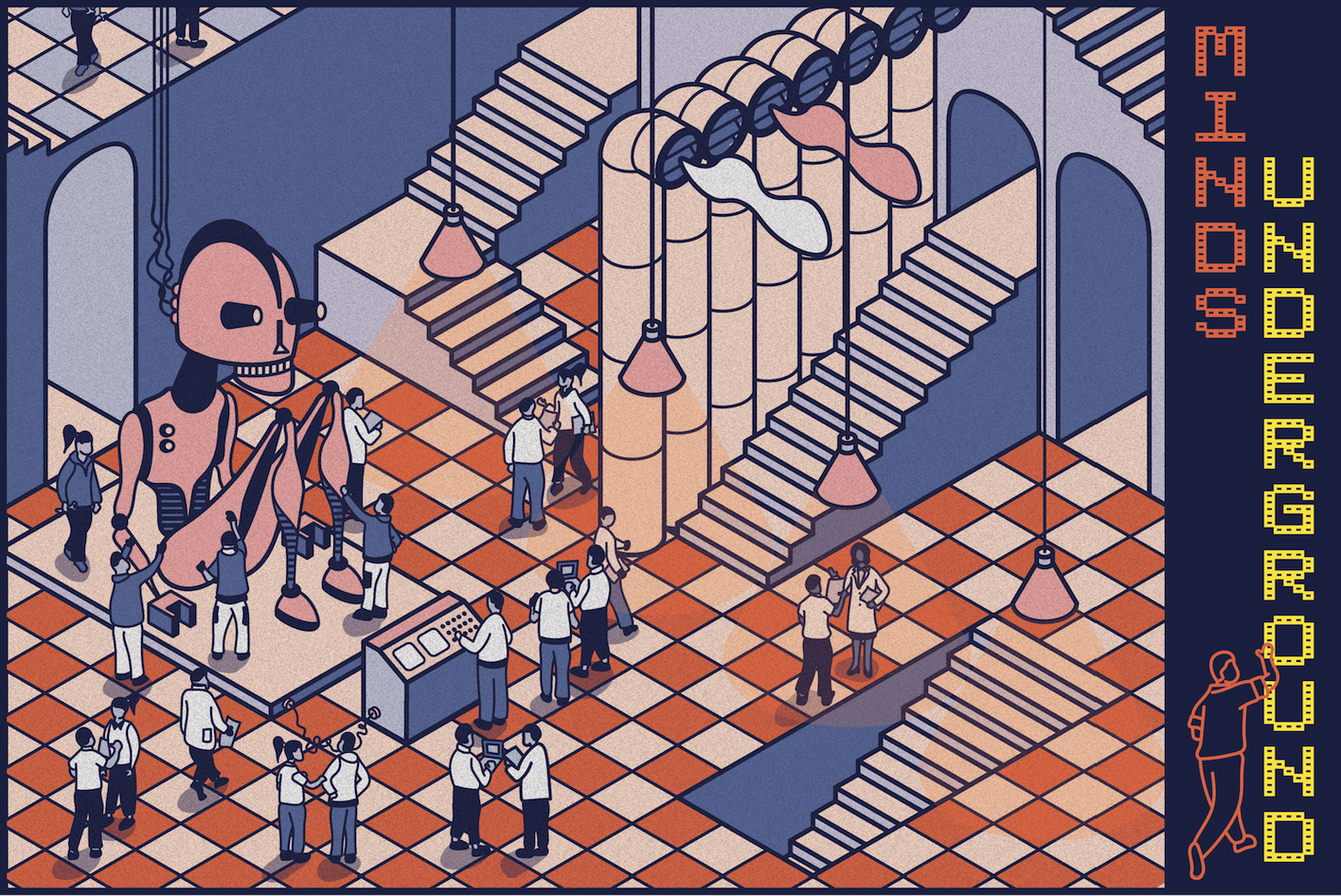Our Guide to the Best Extra-Curricular Activities
Educational Activities for Students to Enrich Learning in 2024
This article will offer a few suggestions of activities and hobbies which students can pursue in order to give focus and fun to their days. Think of extra-curriculars as an opportunity to hone existing skills and develop new ones which will enrich your learning in a broad way.
Why are Extra Curricular Activities for students important?
Extracurricular activities are an important part of education beyond the traditional classroom. Extra-curricular activities for students not only enhance learning but also help you develop other important skills, like communication, discipline and creativity. Getting involved with extra-curricular activities shows your commitment to personal growth and your intellectual curiosity and is strongly valued by Ivy League and top US Universities. In this guide, we’ll recommend some unique extra curricular activities for you to try so you can develop new skills and find new interests, helping you develop and challenge yourself outside the classroom!
What are the Best Extra-Curricular Activities for Learning?
Learning a new language
Is there a language which you have always wanted to learn, but have never had the chance to do so? Or, are you learning a language at school which you’d like to become better at? If so, this is the perfect time to work on those goals. Apps such as Duolingo and Anki and workbooks such as those produced by Edexcel will help you to structure your learning. Practise your new language around the house by learning to name household objects in the foreign language and explore foreign-language films (Mubi has a great selection). Immerse yourself in a different culture; you could maybe even plan a trip to the country in which the language is spoken for the time when social distancing is over! If you’d like to learn a language either 1-1 or with a friend, get in touch with us as we have language tutors in almost every language! Check out our Language Hub on Minds Underground for more information on our Language offerings.
For more on language learning, check out our blog, ‘How Learning a New Language Can Boost Cognitive Intelligence’. The blog includes a number of ideas and resources for boosting language performance.
Music: A brilliant brain workout
If you play a musical instrument, now is the time to really commit to making the most of this opportunity. Playing music is a huge mood-booster and a brilliant workout for your brain. Set aside 30 minutes a day to practise and choose a piece to learn that you’re really enthusiastic about. With regular practice, you’ll be able to perform the piece to friends and extended family! If you don’t play an instrument, listening to music provides many of the same mental benefits as performing. Explore a new type of music; why not use this time to get into classical music? Some composers to start with: Bach, Beethoven, Chopin and Tchaikovsky.
Reading: Fiction and Non-Fiction
Reading fiction provides escapism for when you’re dreaming of adventure as well as ways to reflect on the current situation. Reach for a longer text which you’ve been meaning to read, and don’t be afraid to choose what you’ll most enjoy. Instead of looking at a screen before you go to bed, wind down with a book for an hour or two. You could arrange to read the same book as a friend and then discuss it with them, or you could even set up or join a book club.
For reading recommendations, check out some of our other blogs:
Visit our Free Resource Library for other reading suggestions, including subject-specific reading recommendations for those looking ahead to university applications (e.g. Best science books, History of Art, Politics etc.)
Getting into Writing
There are plenty of exciting ways in which you can develop your writing skills and explore different modes of expressing yourself. For example, why not become pen pals with one of your friends? FaceTime is a wonderful invention, but letter-writing is a unique form of communication which allows you to speak at length about whatever is on your mind. You could enclose poems, photos or images with your letters, and could even invest in some fancy letter-writing stationary. Another rewarding activity is diary-keeping. Get into the habit of writing down any feelings, worries and hopes at the end of each day; this is a great stress reducer and also means that you’ll have a lasting record of this period of your life. You could also enter an essay competition! Check out Minds Underground’s Competitions page for some exciting opportunities.
View our blog on improving your creative writing skills here.
Arts and crafts
Crafts can be lots of fun for everyone, whether or not you consider yourself someone who’s into art. Now’s the time to immerse yourself in a specific activity, such as sewing, baking, painting, origami or model-making. The possibilities are endless! Choose a hobby that will challenge you; for example, you could practise drawing members of your family or household objects. Experiment with scale and different media. You might surprise yourself and discover a new talent!
Exercise and Sports Extra Curriculars
It’s especially important to dedicate time to exercise when you are working hard or busy revising. Get some fresh air by going for a walk or run around your neighbourhood. You could also explore the plethora of exercise programmes which are available online. Try out something new, such as Yoga, HIIT or Pilates. Many workout apps, such as the Nike Training App have free workouts available and there are any number of YouTubers, such as the personal trainer Joe Wicks, who post exercise routines on their channels. Exercise will help you destress, making it easier to focus on your learning and create balance in your life.
Student Government or Debating Societies
Serving on the student council or in other leadership roles can help students develop their leadership skills and make a positive impact on their school community. As well as this, debate clubs are a great extracurricular activity for students because they provide a range of benefits that can help students develop important skills and gain valuable experiences. Here are some reasons why debate clubs are good extracurricular activities:
Develop critical thinking and analytical skills: Debating requires participants to analyse complex issues, evaluate evidence, and formulate compelling arguments. This process helps students develop their critical thinking and analytical skills, which are valuable in many areas of life.
Improve communication skills: Effective debating involves clear and concise communication. Debaters need to be able to articulate their ideas and arguments persuasively, listen actively to others, and respond to questions and challenges. These skills are valuable in all areas of life, including academic and professional settings.
Build confidence: Debating can be a challenging and sometimes intimidating experience, but it can also be a valuable way for students to build their confidence. By participating in debates and presenting their arguments to others, students can develop a sense of confidence in their ideas and their ability to communicate them effectively.
Foster teamwork: Debating often involves working in teams, which can help students develop their teamwork and collaboration skills. By working together to develop and refine arguments, students can learn to work effectively with others and build stronger relationships with their peers.
Broaden perspective: Debating often involves discussing complex and controversial issues from different perspectives. By engaging with different viewpoints and ideas, students can develop a more nuanced understanding of the world and expand their horizons.
Our co-curricular division, Minds Underground, also offers an array of debating opportunities for students, including a Debate Summer School. Visit the Debate Page for more detail on upcoming clubs and courses (all online).
Chess!
Chess is a popular and challenging game that has been played for centuries. It is also a great extracurricular activity for students of all ages. Chess is a game that requires players to think critically and strategically. Players must anticipate their opponent's moves and develop a plan to counter them. This kind of critical thinking can help students in other areas of life, such as problem-solving and decision-making. Moreover, Chess requires players to stay focused and pay attention to the game for an extended period of time. This can help students build concentration and focus skills, which can be valuable in academic and professional settings. Hand-in-hand with revision, Chess also involves remembering and learning different strategies and tactics. This kind of memory and learning can be applied to other areas of life, such as studying for exams or learning a new skill. Lastly, Chess is a game that requires players to be creative and think outside the box. Players must come up with unique strategies and approaches to outwit their opponent, strategies that may come in hand for a future Oxbridge interview!
Coding Extracurriculars
Learning to code is an invaluable skill in the changing digital landscape. If you already know the basics, why not get involved in Coding Extracurriculars or Hackathons, or use this link to find a Code Club to join and learn to create games, animations and web pages. You could also use Raspberry Pi kit to learn to code from scratch, developing a whole new language and skill that opens up a world of creative possibilities. Raspberry Pi have a variety of projects for you to choose from according to your level and what you want to achieve, so you won’t get bored quickly!
Our co-curricular division, Minds Underground, also offers a great selection of Coding Masterclasses where you can learn a new coding language from scratch from some of the top academic minds in Tech. Find out more here.
If you’re keen on exploring more coding extracurriculars, we have a whole post dedicated to helping you learn how to code and how you can get involved with Computer Science extracurriculars.
Conclusion: why boosting your extra-curriculars matters
Boosting your extra-curriculars can directly influence your on-curriculum performance, teaching you to think outside of the box, providing much-needed variety from your school work and enhancing your university application. For universities such as the Ivy League universities in the US in particular, having strong extracurriculars will enhance your application significantly. If you’re considering applying to an Ivy League university, consult one of our Ivy League tutors for more guidance on how to boost your extracurricular profile and enhance your application.
Interested in exploring our extra-curricular classes and courses?
“Super-curricular activities” enhance students’ curiosity and understanding of on-curriculum concepts.
Our co-curricular division, Minds Underground, offers students a wealth of resources and class options including options for STEM subjects, Psychology, Sustainability, English, History, Classics, Art History, Coding and Debate.
Ready to Dive Deeper with an Oxbridge or Ivy League Tutor?
At U2 Tuition, we have a network of exceptional tutors ready to guide you through the academic journey and beyond. Our tutors don't just excel in academics; they're also well-equipped to provide valuable insights into extracurricular activities and courses. For aspiring students eyeing the US, building a robust extracurricular profile is particularly key to success.
US & Ivy League Aspirants, Your Journey Starts Here:
If your dream is to study in the US, don't miss our dedicated US & Ivy League page. Dive into a wealth of resources and insights curated to set you on the path to success.
Sessions from £70/h + VAT.






